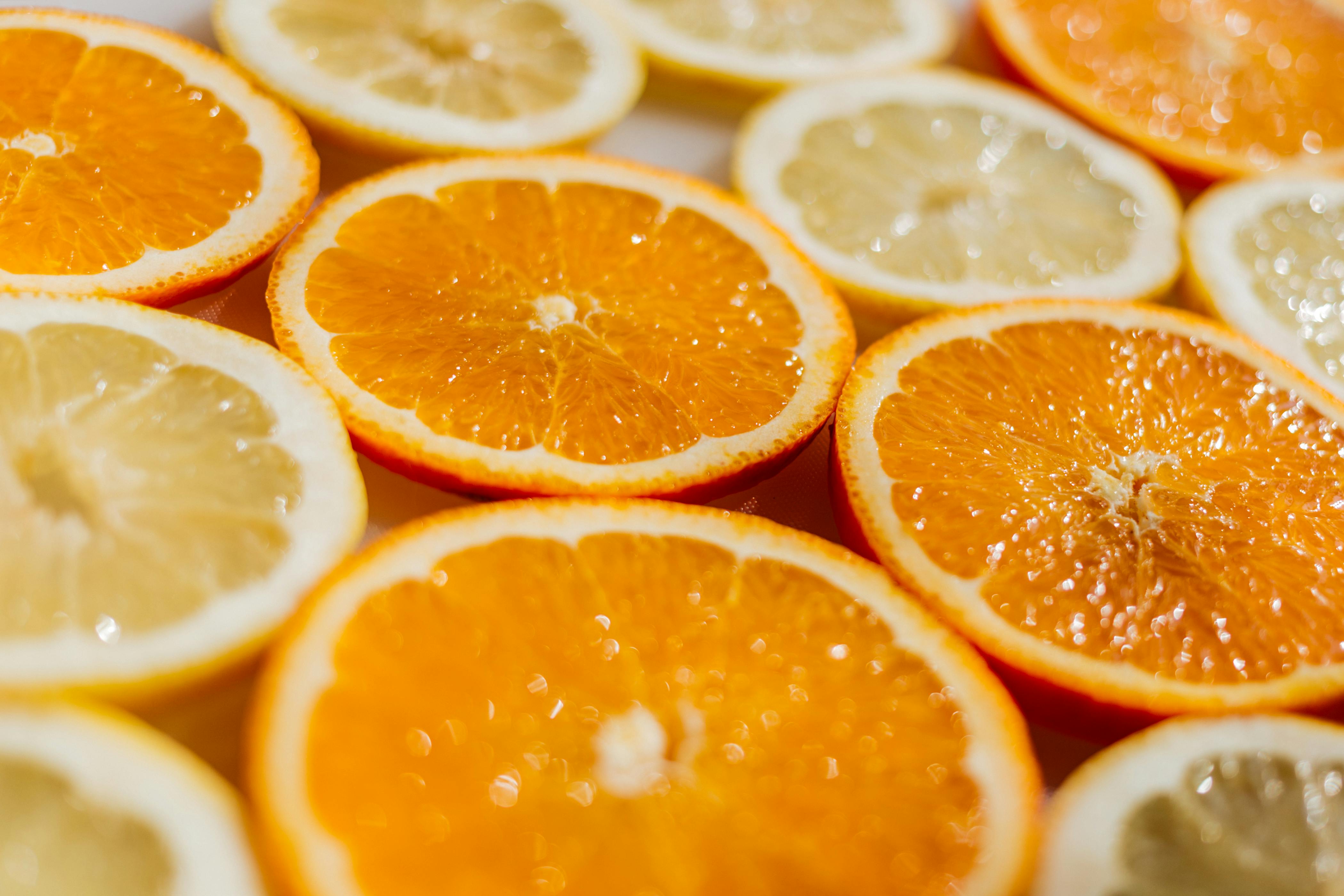I was in the grocery store (supermarket) yesterday and had to shake my head at all the misleading clever food labeling that is everywhere. In every aisle, I saw tons of products claiming all sorts of things that are supposed to be “healthy”, but actually aren’t. This is food marketing deception at its worst.
One of the things I noticed that really bothered me was that I saw multiple examples of healthy foods in their natural state, at the same time that I noticed overly processed counterfeit versions of these original foods that claimed they were healthier than the natural version.
However, in reality, all of these fake versions were MUCH worse for you than the original … and they still have the balls to claim that their overly processed “junkified” versions are better.
The sad thing is, millions of people fall for this deceptive food marketing every day. Here are a couple of examples that I noticed:
Example No. 1: Product that claims to be “Better than peanut butter”
This product is ridiculous! I can’t believe anyone believed that this processed junk is better for them than minimally processed natural peanut butter.
First of all, if you buy a good natural organic peanut butter, it is usually made up of just two ingredients: peanuts and salt. And they don’t add a lot of salt so it’s not a high sodium product.
However, this counterfeit peanut butter that claimed it was “better than peanut butter” (trying to look healthier than natural peanut butter based on its label claims) had a list of processed junk that you wouldn’t believe. First, they remove all the healthy natural fats from peanuts to make it a “low-fat” product. Alright, now you’ve just taken away one of the healthiest parts of peanut butter … the appetite that satisfies the healthy fats you need to control cravings and manage more stable blood sugar levels in your body.
To make matters worse, the healthy fats were replaced with 2 different types of sugar-based syrups, as well as additional dehydrated cane juice (aka SUGAR), plus added refined starches (in case you weren’t getting enough peaks of sugar in the blood). still refined carbohydrates).
This product has taken something as simple and natural as peanut butter, and turned it into what should really be called some sort of processed junk candy. However, they claim that it is healthier for you than peanut butter. And somehow they get away with fooling the masses like that on their label. Do not be silly!
Example No. 2: Product that claims to be “better than eggs”.
I’m not going to get as detailed on this because I recently went into some good detail on this whole topic in another ezine issue.
Basically, this product is just egg whites with a bunch of chemical coloring, flavoring, and other nonsense, including artificially added vitamins.
Again, this product has essentially ruined a good thing by eliminating the healthiest part … the YOLKS! And yes, the yolks ARE the healthiest part of the egg. Anyone who tells you something different doesn’t understand much about real nutrition. The important thing to look for in quality whole eggs are organic and cage-free.
Most people don’t realize that almost all of an egg’s quality nutrition is found in the yolks. Most of the vitamins, minerals, antioxidants, and trace elements are found in the yolks, not the whites. Even the protein from the egg whites is not as high quality in terms of bioavailability without the amino acid profile of the yolk that complements the amino acid profile of the egg whites.
And no, the cholesterol in eggs is not bad for you … it actually raises your good cholesterol more than bad cholesterol, improving your overall profile. And the fats in whole eggs are balanced and healthy for you, too.
Bottom line … whole eggs are healthier than whites. It is not even a close comparison. The label claims are just another example of deception in food marketing.
Example # 3: A product that claims to be “better than butter.”
This was essentially shitty margarine that’s loaded with highly processed and deadly trans fats, but he had the gall to claim it was “better than butter.”
Don’t be fooled!
Even low-quality butter is better for you than any margarine on the market. One problem with butter is the pesticides and hormones often found in improperly raised cows.
For this reason, it’s always a good option to go with organic butter, and if you can find grass-fed butter, I’d even say it may be healthy for you. Grass-fed butter is richer in the natural form of the beneficial Conjugated Linoleic Acid (CLA). In fact, adding a little butter to steamed vegetables helps your body absorb more vitamins and minerals from the vegetables.
Also, due to the stable saturated fat content in butter, this makes butter one of the best oils for cooking. Oils high in polyunsaturated fats like soybeans, corn, safflower (and even flax) are the worst for cooking due to the highly unstable nature of their chemistry. I have a full article on which oils are healthier to cook and which are not based on their chemistry.
Another point … the saturated fat in butter is NOT bad for you. We have already beaten a dead horse with that topic in previous articles, but again, more detailed articles on that topic are found on my site.
You can find dozens more articles on all of these controversial health and fitness topics on my website below. For your good health!


